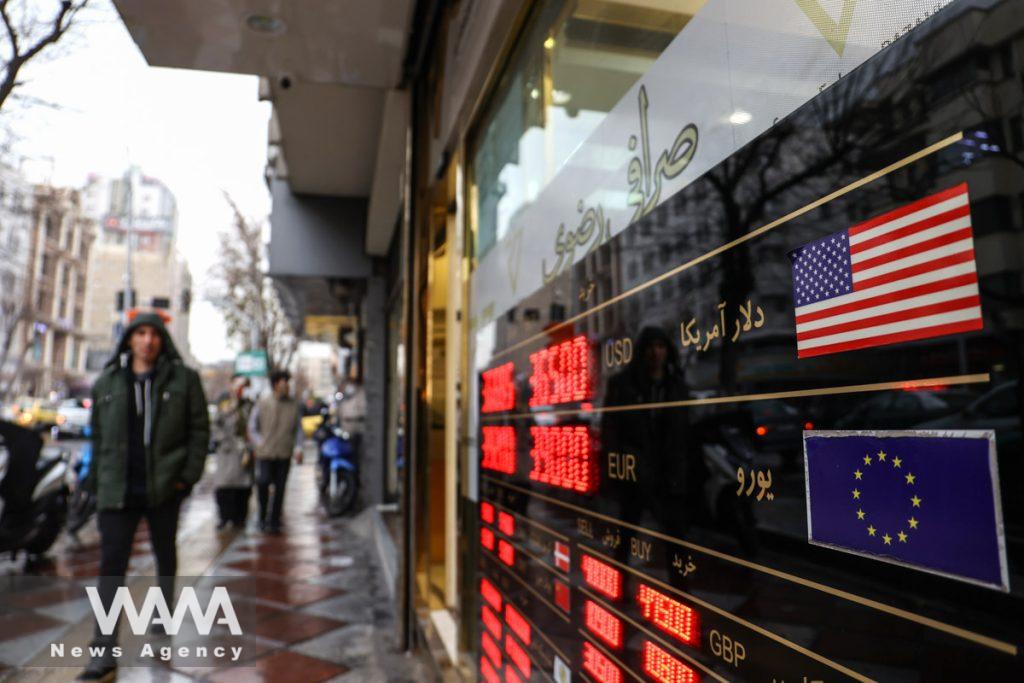Artificial Currency and Gold Price Fluctuations Amid Iran-U.S. Talks
WANA (Apr 14) – The prices of the dollar, Tether, and gold, which had surged dramatically in recent weeks, have now declined, even though the Iran-U.S. negotiations are still ongoing and their outcome remains uncertain. This has once again turned the “negotiation-livelihood” dichotomy into a tool for pressuring the Iranian negotiating team.
In fact, fluctuations in Iran’s currency market are driven less by fundamental economic developments and more by the interests of those who, since UN Resolution 598 (which ended the Iran-Iraq war after eight years), have used negotiations as a means to remain entrenched in circles of wealth and power. These actors, using media and psychological operations, manipulate uninformed and anxious citizens, worried about the shrinking value of their savings, into falling victim to cycles of “buy-sell” panic.
Promises of economic improvement following negotiations with the European Union, the E3, the P5+1, and through the JCPOA were made, but things have only worsened instead of improving. The reason is simple: the West’s objective in negotiations is to weaken Iran, not to strengthen its economy.
Typically, after negotiations conclude—and while the market still holds out hope for a favorable outcome—a wave of optimism briefly takes hold, leading to short-term price drops. But once that honeymoon period passes, the situation may actually deteriorate further than it was before the talks.
Common sense dictates that Iranian officials should not tie the markets to negotiations. During the Vienna talks (2021–2022), for example, each piece of positive news would drop the dollar’s rate to around 25,000 tomans, while each negative headline would push it up to 33,000, despite no real economic or political changes on the ground.
Nuclear negotiations are often lengthy, and prolonged talks intensify the Iranian economy’s dependence on negotiation outcomes. This leads to greater currency volatility, higher inflation, a declining stock market, reduced investment, and increased economic pressure on the public. An economy conditioned by diplomacy becomes paralyzed—unable to plan or grow—and may even shrink over time.

A board shows currency exchange rates in Tehran, Iran December 25, 2022. Majid Asgaripour/WANA (West Asia News Agency)












